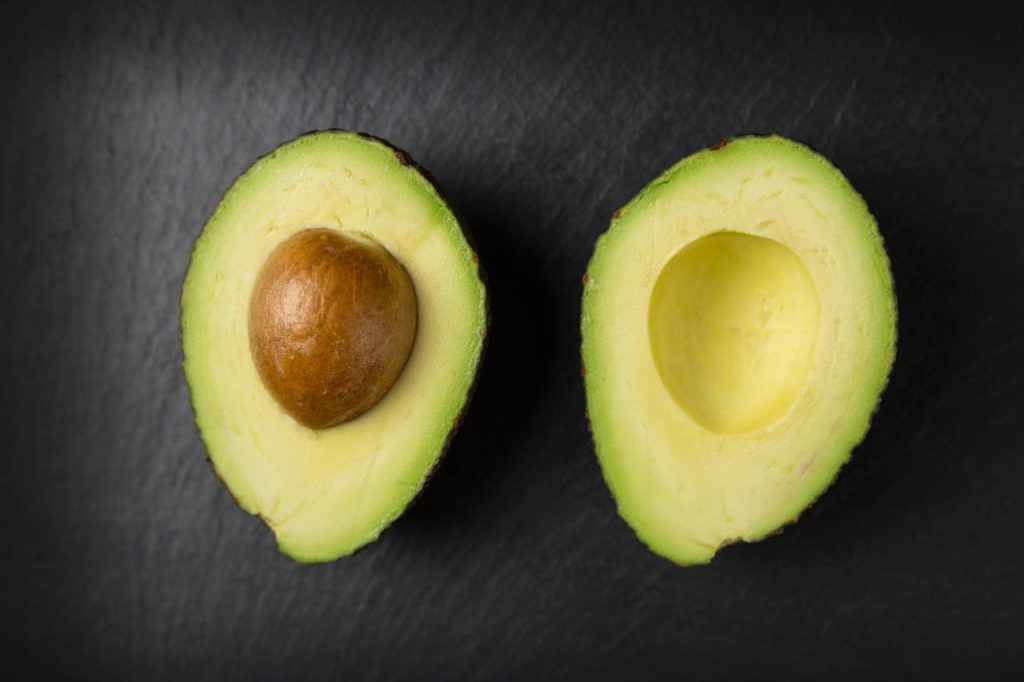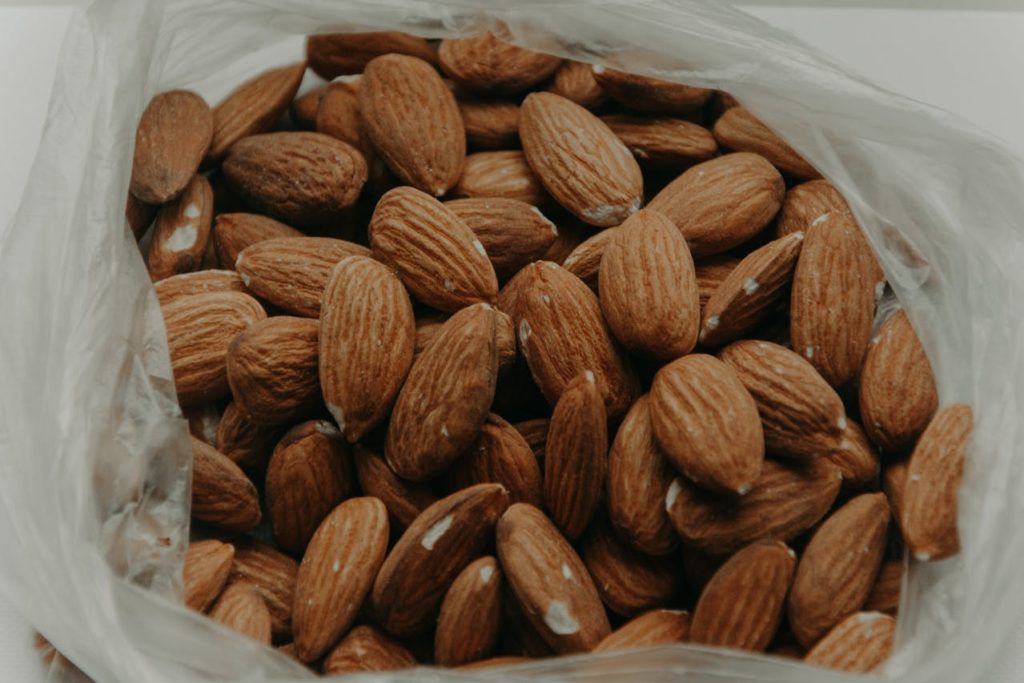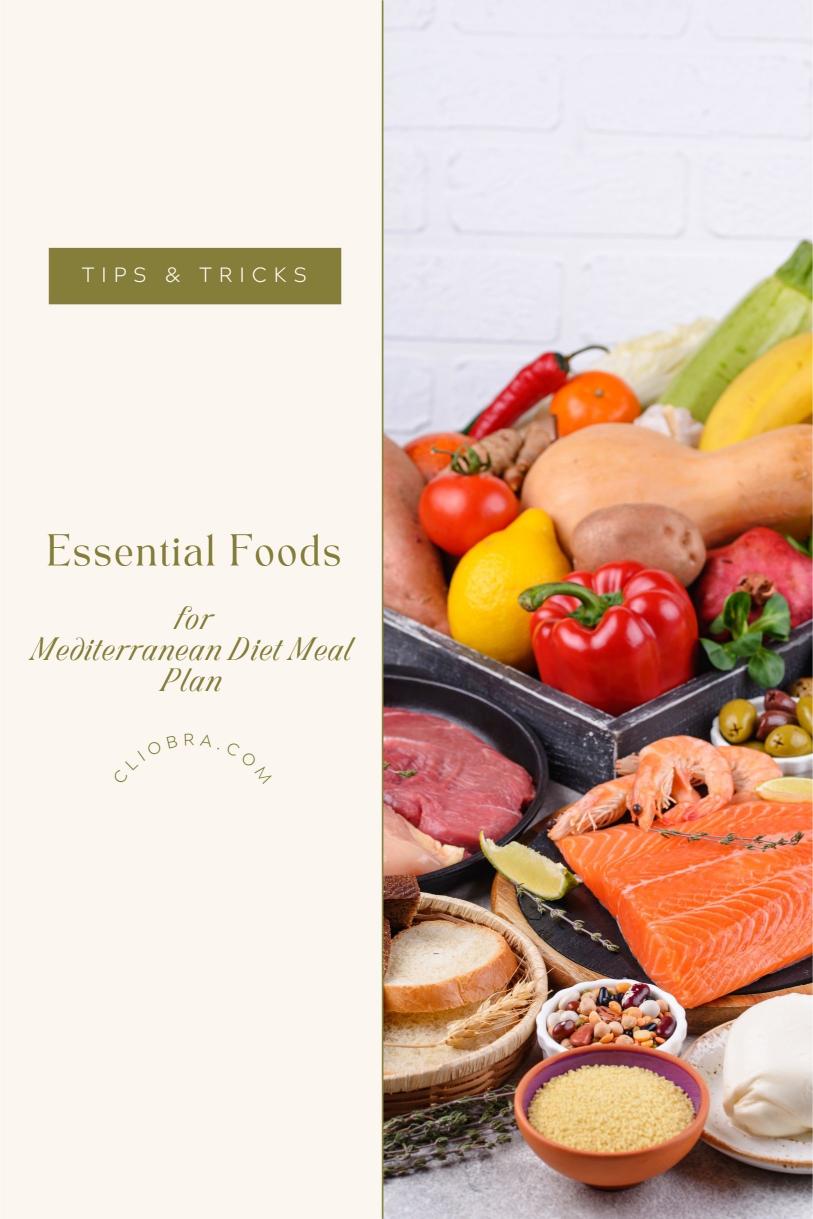Last Updated on January 23, 2025 by Arif Chowdhury
Imagine waking up to a plate full of fresh, colorful vegetables, tender grilled fish, and a drizzle of olive oil. Sounds delicious, right?
Welcome to the Mediterranean diet, a way of eating that not only satisfies your taste buds but also supports your health in the long run. It’s no wonder this eating pattern is consistently ranked as one of the healthiest diets in the world.
This is because the Mediterranean diet focuses on nutrient-dense foods that come from nature—think fruits, vegetables, whole grains, nuts, and healthy fats. But what’s even better? It’s flexible, flavorful, and truly satisfying.
If you’re thinking of adopting this lifestyle, knowing which foods to include in your Mediterranean diet meal plan is key to getting started on the right foot.
In this article, we’ll walk you through the essential foods that should form the foundation of your Mediterranean meals.
Healthy Fats: The Star of the Mediterranean Diet
Olive Oil: Liquid Gold
When it comes to healthy fats, you can’t talk about the Mediterranean diet without mentioning olive oil. Known as “liquid gold,” olive oil is a cornerstone of Mediterranean cuisine, and for good reason.
Packed with monounsaturated fats, particularly oleic acid, it has been shown to reduce the risk of heart disease and lower bad cholesterol levels.
The Mediterranean diet recommends using olive oil in virtually everything—dressing your salads, drizzling it over vegetables, or even for cooking.
Avocados: A Creamy Twist
Although avocados aren’t native to the Mediterranean, they share the same heart-healthy fat profile that’s integral to the diet.

High in monounsaturated fats and potassium, avocados are known for supporting good cholesterol levels and regulating blood pressure.
Try adding them to your Mediterranean-inspired meals in salads, spreads, or simply mashed with some lemon juice and herbs for a fresh, creamy touch.
Did You Know? A study published in The American Journal of Clinical Nutrition found that replacing saturated fats with monounsaturated fats from sources like olive oil and avocados can reduce your risk of cardiovascular disease by up to 30%.
Vegetables: The Foundation of Every Meal
Leafy Greens: Your Nutrient Powerhouse
No Mediterranean diet meal plan would be complete without a generous helping of vegetables. Leafy greens like spinach, kale, and arugula are packed with vitamins, minerals, and antioxidants that contribute to overall health.
They are particularly rich in vitamin K, which plays a role in bone health, and vitamin A, which supports your immune system. These greens are also great for digestion, as they provide fiber and help maintain a healthy gut.
Tomatoes: A Burst of Flavor
Tomatoes are another must-have vegetable in the Mediterranean diet. Rich in antioxidants, particularly lycopene, tomatoes have been shown to lower the risk of certain cancers and support heart health.
From making homemade tomato sauce to adding fresh slices to salads, tomatoes offer versatility and flavor that can elevate any Mediterranean dish.
Fun Fact: Research from the Harvard T.H. Chan School of Public Health found that regularly consuming tomatoes can reduce your risk of stroke by up to 20%!
Whole Grains: Fuel for the Body
Whole Wheat Bread and Pasta: A Mediterranean Staple
While many diets focus on cutting carbs, the Mediterranean diet embraces whole grains like whole wheat bread, pasta, and couscous. These grains are full of fiber, which helps regulate blood sugar and keeps you feeling full longer.
The key here is choosing whole grains instead of refined grains, as they provide more nutrients and offer greater health benefits. Whole wheat pasta, for instance, contains more fiber and protein than regular pasta, making it a great choice for Mediterranean-style meals.
Quinoa and Farro: Ancient Grains with a Modern Twist
Quinoa and farro are ancient grains that have gained popularity in recent years due to their high nutrient content. Both grains are rich in fiber and plant-based protein, making them excellent additions to any Mediterranean diet meal plan.
Quinoa, in particular, is a complete protein, meaning it contains all nine essential amino acids, which is rare in plant foods. Farro, on the other hand, is packed with magnesium, which is important for muscle function and energy production.
Did You Know? Whole grains like quinoa and farro are linked to a lower risk of type 2 diabetes, with some studies showing a 20% reduction in risk among those who consume them regularly.
Nuts and Seeds: Small but Mighty
Almonds: A Healthy Snack
Nuts, particularly almonds, are a key component of the Mediterranean diet. They are a rich source of healthy fats, fiber, and protein. Eating a handful of almonds regularly can help lower LDL cholesterol levels, reduce inflammation, and even improve brain function.

They also make for a great snack when you’re on the go. You can toss them into salads, sprinkle them on top of yogurt, or enjoy them straight from the bag.
Chia Seeds: Tiny Powerhouses
Chia seeds are another superfood that fits seamlessly into the Mediterranean diet. Though tiny, these seeds are packed with omega-3 fatty acids, fiber, and antioxidants.
They are known for supporting heart health, improving digestion, and stabilizing blood sugar levels. Add chia seeds to your smoothies, yogurt bowls, or sprinkle them on top of your salads for an extra nutrient boost.
Fun Fact: A study in the Journal of Nutrition found that consuming chia seeds can help lower blood pressure, which is essential for reducing the risk of heart disease.
Fish and Seafood: The Heart-Healthy Protein
Fatty Fish: Salmon, Sardines, and Mackerel
Fish and seafood are a big part of the Mediterranean diet, particularly fatty fish like salmon, sardines, and mackerel. These fish are rich in omega-3 fatty acids, which are essential for heart health.
Omega-3s help reduce inflammation, lower triglyceride levels, and improve brain function. Aim to eat fatty fish at least two to three times a week for maximum benefits.
Shellfish: Shrimp and Mussels
Shellfish like shrimp and mussels are also popular in Mediterranean cuisine. They are low in fat and calories but high in protein and essential vitamins and minerals.
Mussels, for example, are a great source of iron, which helps carry oxygen throughout your body, and vitamin B12, which supports nerve function.
Fruits: Sweet and Nutritious
Berries: Antioxidant-Rich Delights
Fruits, particularly berries, play an important role in the Mediterranean diet. Berries like strawberries, blueberries, and raspberries are packed with antioxidants, which help fight oxidative stress and inflammation.
These little fruits are also low in calories, making them a great choice for anyone looking to manage their weight. Add them to your breakfast, mix them into a fruit salad, or enjoy them as a simple snack.
Citrus: A Zesty Kick
Citrus fruits such as oranges, lemons, and grapefruits are another staple in the Mediterranean diet. Packed with vitamin C, they boost your immune system and help keep your skin looking fresh.
Plus, they add a zesty flavor to any dish, whether you’re using lemon juice as a dressing or enjoying a refreshing glass of orange juice.
Did You Know? A study from The American Journal of Clinical Nutrition found that people who consume high amounts of citrus fruits have a lower risk of developing stroke and cardiovascular disease.
Conclusion
The Mediterranean diet is all about embracing wholesome, nutritious foods that not only taste amazing but also offer incredible health benefits. From heart-healthy fats like olive oil and avocados to nutrient-packed vegetables, whole grains, and lean protein sources, this way of eating has something for everyone.
By focusing on these essential foods, you’ll not only improve your overall well-being but also develop a deeper connection to the food you eat.
So, whether you’re planning to follow the Mediterranean diet full-time or simply incorporate more Mediterranean-inspired meals into your week, rest assured that it’s a delicious and sustainable way to nourish your body.
Remember, it’s not just about eating healthy, it’s about enjoying your food and celebrating the flavors of the Mediterranean.
